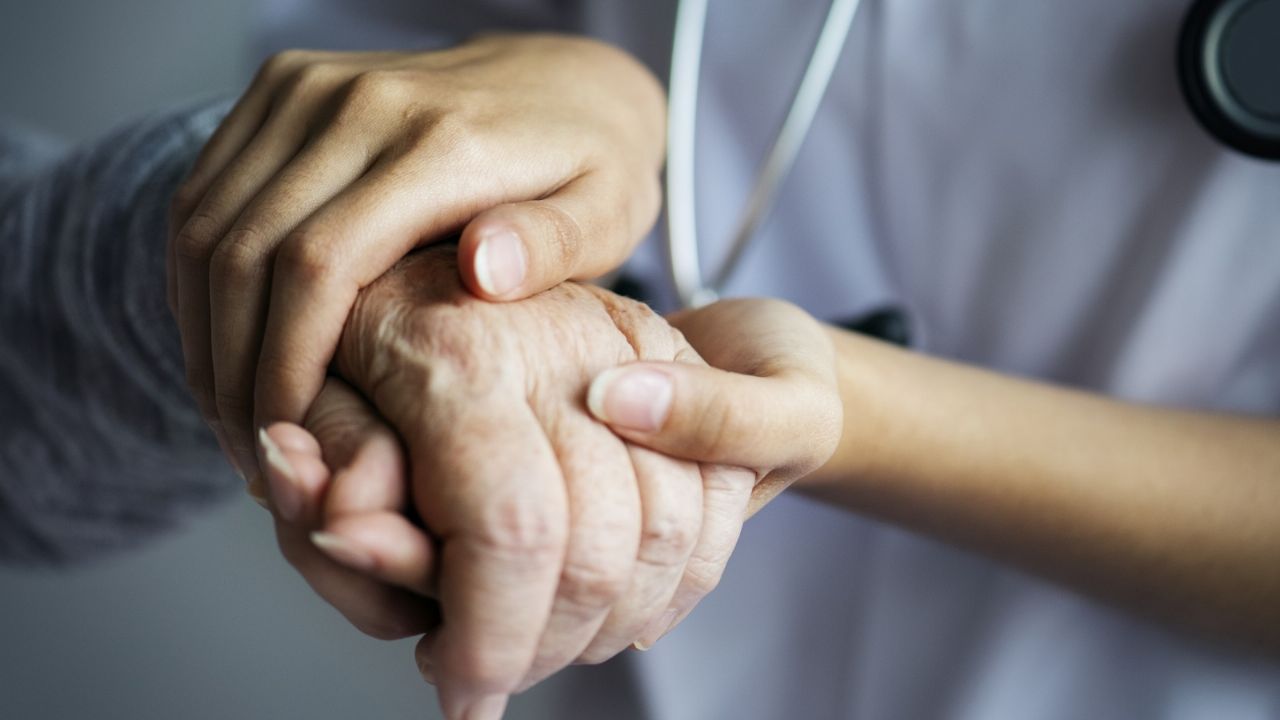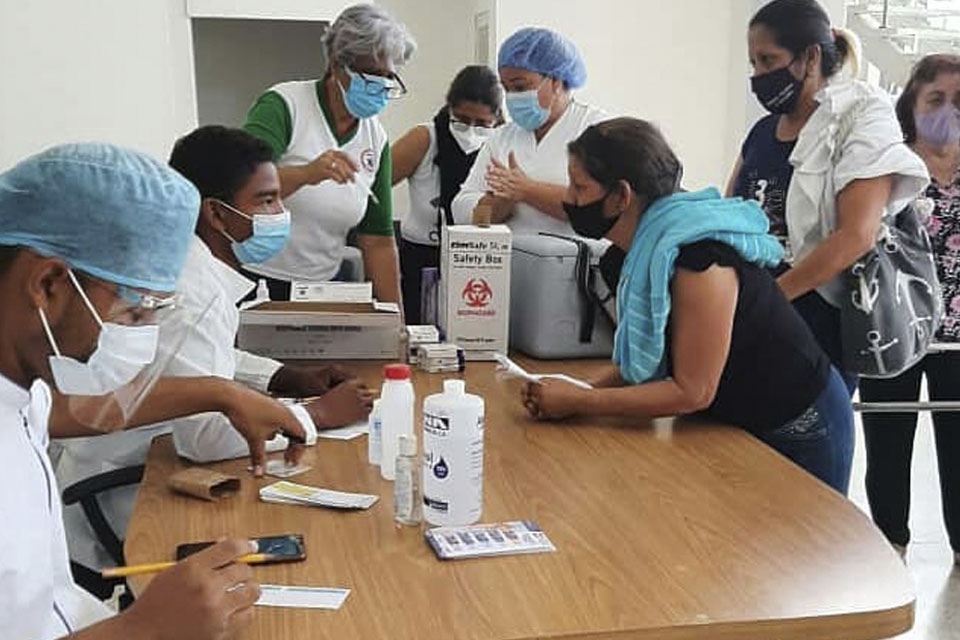This Tuesday, in a marathon session that will begin at 1:00 p.m., the Chamber of Deputies will seek to convert the bill into law. palliative care, that obliges social and prepaid works to guarantee patient care.
The initiativewhich is promoted by the radical senator Mario Fiad, was approved in the Lower House and, after achieving a broad consensus in the commissions, it is expected that the draft palliative care have the same support in Deputies.
In essence, the regulations seek “guarantee the attention of palliative care and safeguard the quality of life of patients and families with life-threatening or life-limiting illnesses”.
Likewise, it seeks to provide care that allows treating pain and other physical, psychological, social and spiritual problems, which, despite being included in the Mandatory Medical Program (PMO), are not fully met.

Therefore, if the bill were to become law, the right to access to palliative care “to prevent and alleviate the suffering of people and their families, assisted in the Argentine health system, improving assistance and favoring the training of professional teams that are in charge of these patients.”
The proposal will be discussed in a parliamentary session that is expected to last 20 hours, since, in addition, other projects will be debated, such as the law of the automotive sector and the initiative to promote Biotechnology, among other topics.

The session called for today will be the last before the recess of the Lower House in the framework of the winter holidays. The call was made last Friday by the Frente de Todos bloc, chaired by Germán Martínez.
What does the hospice law say?
In order to guarantee the health care of patients with life-threatening diseases, The initiative establishes that existing teams be ordered and strengthened; also, provide assistance to patients in their places of residence.

In addition, facilitate the evaluation of severe pain, improve the availability of medications and “preserve the dignity of the sick person and their emotional environment throughout the course of the disease and even in the proximity of death.”


















